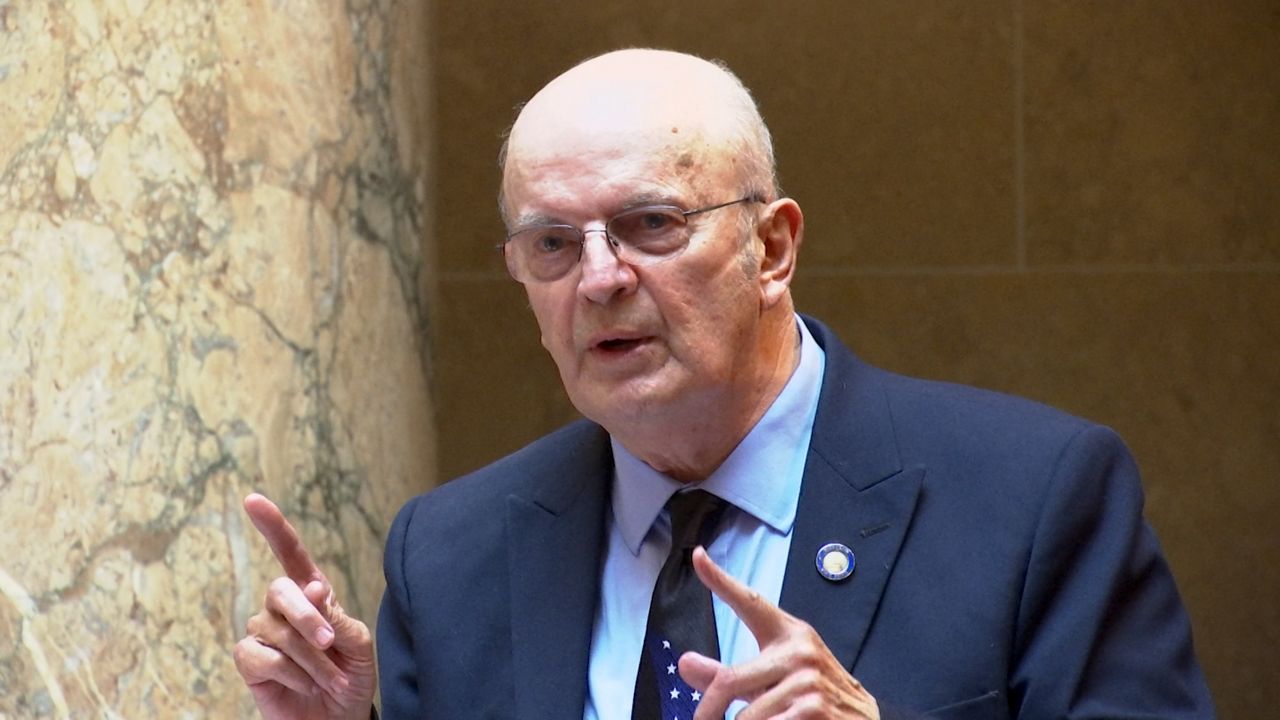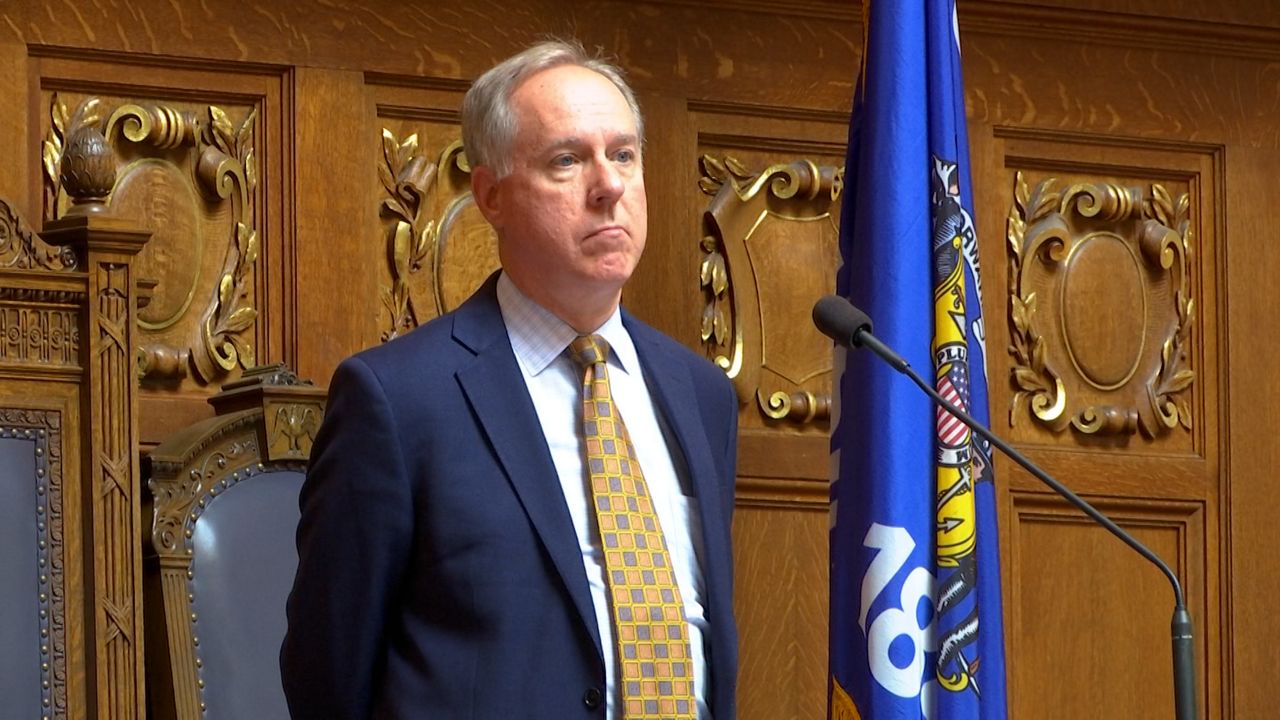MADISON, Wis. — A deal meant to help Milwaukee avoid bankruptcy while boosting the amount of money the state shares with local communities to cover the costs of critical services, such as police and fire, cleared its last legislative hurdles Wednesday evening.
Despite months of back-and-forth negotiations on shared revenue, convincing lawmakers in the state Senate to support the compromise reached between Republican leaders and Democrat Gov. Tony Evers last week, lagged on well into the afternoon.
All eyes were on the Senate as lawmakers in the Assembly, which already passed a previous version of the bill, waited to see what changes would come their way.
“I stand in front of you today to say the vote is no,” State Sen. Lena Taylor, D-Milwaukee, told her colleagues on the floor. “It’s no because it does not address the needs of the city. It’s no because it does not allow the individuals who are in the city to weigh in. It’s no because it’s on the back of the poorest individuals in the state and arguably almost in the nation.”
Democrats wanted a so-called "clean bill" with fewer restrictions imposed on the City of Milwaukee. Lawmakers who advocate for public schools also did not want the shared revenue deal tied to the $1 billion in K-12 education spending, especially as the compromise reached will increase the size of state-funded vouchers for private schools.

Across the aisle, several Republicans felt allowing Milwaukee County and the city to raise local sales tax amounted to a “bailout,” and opposed removing the referendum requirement from the deal, which would have allowed voters to decide whether there should be an increase.
“We’re giving Milwaukee the tools to stick with their promises, pay their debts and move forward,” State Sen. Mary Felzkowski, R-Irma, who helped lead the effort in the Senate, explained. “This is bipartisan. We have the executive branch that worked with our leadership to get this done, and there’s a whole lot of people in this room to thank.”
Without the deal, Milwaukee could have faced bankruptcy as soon as 2025 as the city faces an underfunded pension system and struggles to make ends meet to cover the costs of critical services, including police and fire.
However, Milwaukee won’t be the only city to benefit. All communities across the Badger State will get a boost in money from the state, with nearly $1.6 billion in aid to local governments covered by using 20% of Wisconsin’s five-cent sales tax. Going forward, funding for cities and counties will also be tied to revenue growth.
“There were hours of negotiations that went into this bill—that’s a good thing,” State Sen. Robert Wirch, D-Somers, added. “Like I tell my constituents, we have to get back to compromise. That’s what’s in this bill. There are things I like in this bill, there’s things I can’t stand in this bill, but it’s a compromise, and there are more good things than bad things.”
Wirch was among six Democrats who joined 15 Republicans to pass the shared revenue bill in the Senate, sending the changes to the Assembly for approval where, ahead of the vote Wednesday night, Assembly Speaker Robin Vos told reporters he had enough support to get the deal done.

“I think most of our members are generally supportive of some of the changes that were made,” Vos said. “Of course, as I’ve said before, and I’ll say it again, many of our members still have heartburn about the idea that the voters are not the ones deciding, but it was part of our broader agreement, so I think most of us are in a pretty good place on that.”
As was the case in the Senate, Democrats and Republicans in the Assembly were also split within their own parties over support for the measures. Lawmakers in the chamber voted 68-26 to pass the shared revenue bill and send it to Gov. Evers, who was a part of the negotiations and is expected to sign it into law.


